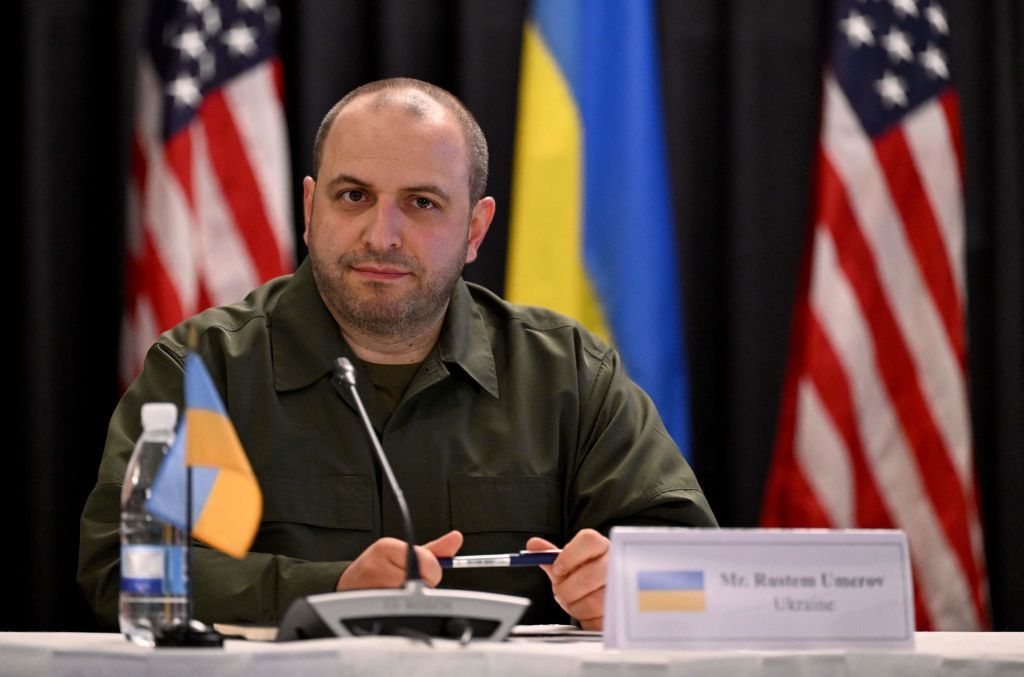Opinion: Poland's democratic rebirth pains

WARSAW – In October, Polish voters demonstrated that even extremely unequal elections against authoritarian incumbents can be won. The opposition’s victory, and the country’s subsequent re-democratization, may hold useful lessons for like-minded forces in Hungary, Turkey, and elsewhere.
In Poland, the defeated populist leader, Jarosław Kaczyński of Law and Justice (PiS), is relearning the rules of democracy the hard way in the newly elected parliament. For the past eight years, he did not entertain questions in the Sejm (the lower house of parliament) or elsewhere, nor did he engage with any media outlet that PiS did not control. The speaker of the Sejm, Elżbieta Witek, politely followed his instructions and even reversed votes that PiS had lost. The opposition was allowed only 30 seconds of questions, and Witek frequently fined opposition deputies and turned off their microphones.
Kaczyński would take the rostrum whenever he wanted, using it as a perch from which to insult opposition politicians, whom he smeared as “treacherous murderers.” He surrounded himself with security details, and had the Sejm fenced off with barriers and police – an absurd display in a nominally democratic country. Press passes for journalists covering parliament were strictly limited, and Kaczyński always entered through the speaker’s private entrance.
In the recent election campaign, Kaczyński was so sure of himself that he relied solely on aggressive anti-EU rhetoric to mobilize the PiS base. He has long taken a page from Hungarian Prime Minister Viktor Orbán’s playbook. As Orbán said at a recent rally, “Today, things pop up that remind us of Soviet times. … Fortunately, Brussels is not Moscow. Moscow was a tragedy. Brussels is just a bad contemporary parody … We had to dance to the tune that Moscow whistled, Brussels whistles, too, but we dance as we want to, and if we don’t want to, then we don’t dance.”
Earlier this year, Kaczyński deployed the Orbánian tactic of announcing a referendum designed to scare Poles with the prospect that the country would soon be flooded with refugees.
But it didn’t work, and since the new Sejm convened on November 13, Kaczyński has appeared completely lost. For the first time, he had to enter through the main entrance with everyone else. When reporters pressed him with questions, he lashed out, screaming: “How much arrogance, such incredible rudeness, such German rudeness on the part of the Civic Platform.” He then described Donald Tusk, the likely next prime minister, as a “lout.”

A half-hour later, he had to stand by and watch as the new parliamentary majority electedSzymon Hołownia, of the Poland 2050 party, to replace Witek as speaker, who then lost a vote to serve as a deputy speaker, owing to all her previous violations of parliamentary rules. Kaczyński and his PiS colleagues were completely unprepared for this. But they could hardly blame anyone: they had voted against all the other parties’ candidates (each party is granted one deputy in the Sejm presidium, though the PiS government did not adhere to this rule).
As of this writing, the seat for PiS’s deputy speaker remains vacant. The party has decided not to field any other candidates, thus ceding any influence over the Sejm’s deliberations. Moreover, something similar occurred in the Senate, where PiS’s deputy speaker candidate was also rejected.
During these proceedings, there was a symbolically poignant moment when Kaczyński tried to take the rostrum, but was denied by the new speaker – not out of spite but because Hołownia actually follows the parliamentary rules of procedure. Meanwhile, out on the street, ordinary Polish citizens dismantled the barriers around parliament and the Constitutional Court. Police officers who had hitherto been subservient to PiS did not stop them.
Some might conclude that Kaczyński, who increasingly appears old and ailing, has simply become confused. But it is more likely that he has intentionally adopted a strategy of behaving outrageously to see which PiS members break ranks. Either way, the menacing strongman, now impotent, has become desperate and ridiculous.
Adding insult to injury, Kaczyński now must seek support from President Andrzej Duda, a former PiS member whom he brushed aside for years. Although Duda has shown no independence or ability to build a political base, he also knows that there will be no cushy sinecure awaiting him in the West after he leaves office. He therefore is launching his own bid for leadership on the Polish right, where his main competitor is Prime Minister Mateusz Morawiecki.
Thus, when Duda gave PiS the first attempt to form a new government, he saddled Morawiecki with the impossible task of creating a majority coalition where none exists. When his time is up after 28 days, the coalition agreement between Tusk’s Civic Platform, Hołownia’s Poland 2050, the Polish People’s Party, and The Left will take effect. If there was any remaining doubt about who had truly won the election in October, it was put to rest when Hołownia soundly defeated Witek in the speaker race.
Kaczyński and his party have not only been lying to the Polish people. They also apparently have been lying to themselves. While they have been left reeling from the return of democracy, the rest of us can take inspiration from their defeat.
Editor’s Note: Copyright, Project Syndicate. This article was published by Project Syndicate on Nov. 30, 2023, and has been republished by the Kyiv Independent with permission. The opinions expressed in the op-ed section are those of the authors and do not purport to reflect the views of the Kyiv Independent.












